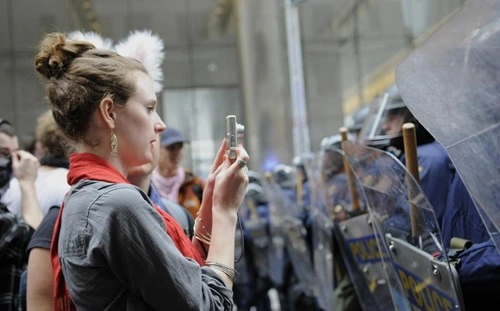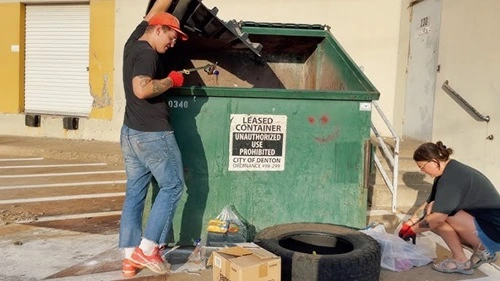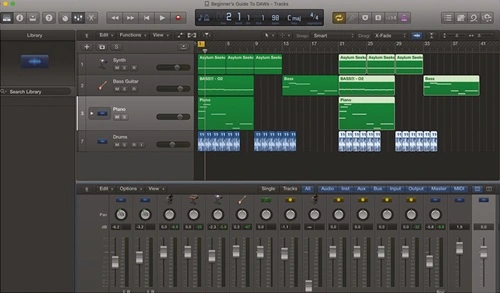No, it is generally not illegal to record a police officer in the United States, provided certain conditions are met. However, the legal landscape surrounding this issue can vary by state and circumstances. Understanding the laws and nuances that govern recording interactions with law enforcement is essential to ensure your rights are protected.
The Constitutional Right to Record
The First Amendment of the U.S. Constitution protects the public’s right to record public officials, including police officers, performing their duties in public spaces. Federal courts, including the U.S. Supreme Court, have affirmed that this right is integral to holding public officials accountable. Recording serves as a critical tool for documenting police conduct, particularly in high-profile incidents of alleged misconduct.
However, this right is not absolute. Courts have ruled that certain limitations, such as ensuring public safety or preventing interference with police duties, may justify restrictions on recording.
State Laws and Restrictions
While the constitutional right to record is clear, state laws can impose additional limitations. The primary issue arises from state wiretapping or eavesdropping laws. These laws typically regulate whether conversations can be recorded without the consent of all parties involved.
- One-Party Consent States: In most states, only one party involved in the conversation needs to consent to the recording. This generally allows individuals to record their own interactions with police officers.
- All-Party Consent States: About 11 states, including California, Florida, and Illinois, require the consent of all parties for a recording to be legal. However, courts have often ruled that these laws do not apply to public officials, such as police officers, when they are performing their duties in public spaces where there is no reasonable expectation of privacy.
Important Considerations When Recording Police
To avoid legal complications when recording law enforcement, consider the following:
- Do Not Interfere: Ensure you are not obstructing police activity. Interfering with an investigation or creating a safety risk can lead to criminal charges, even if the recording itself is legal.
- Public vs. Private Spaces: Recording in public spaces is generally protected. However, recording in private spaces may be subject to stricter rules, especially if state laws require consent for recording.
- Behave Respectfully: While recording is your right, maintaining a calm and respectful demeanor can help prevent escalation during interactions with police.
Recent Developments in Recording Laws
Several recent cases highlight the evolving legal standards for recording law enforcement:
- In 2023, the Ninth Circuit Court of Appeals upheld the right to record public officials, including police officers, as long as it does not interfere with their duties. This case reinforced the growing consensus that public accountability outweighs privacy concerns for officials on duty.
- States like Colorado and New York have introduced laws explicitly protecting the right to record police officers and even imposing penalties on officers who retaliate against individuals exercising this right.
Potential Consequences of Illegal Recording
If you violate state laws on recording, you could face criminal charges such as eavesdropping or obstruction of justice. Additionally, evidence obtained through illegal recording may be inadmissible in court.
FAQs
Q1. Can I record police officers during a traffic stop?
Ans: Yes, you can record a traffic stop as long as you do not interfere with the officer’s duties or violate any specific state laws about recording conversations.
Q2. Can a police officer seize my phone for recording them?
Ans: Police officers generally cannot seize your phone without a warrant. However, if the recording is interfering with their duties, they may attempt to stop you. Knowing your rights is essential in such situations.
Q3. Is it illegal to live stream police interactions?
Ans: No, live streaming is generally protected under the same legal principles as recording. However, ensure your actions do not interfere with police duties or public safety.
Q4. What should I do if a police officer tells me to stop recording?
Ans: If asked to stop recording, calmly assert your rights and explain that you are recording in a public space. Avoid escalating the situation.


